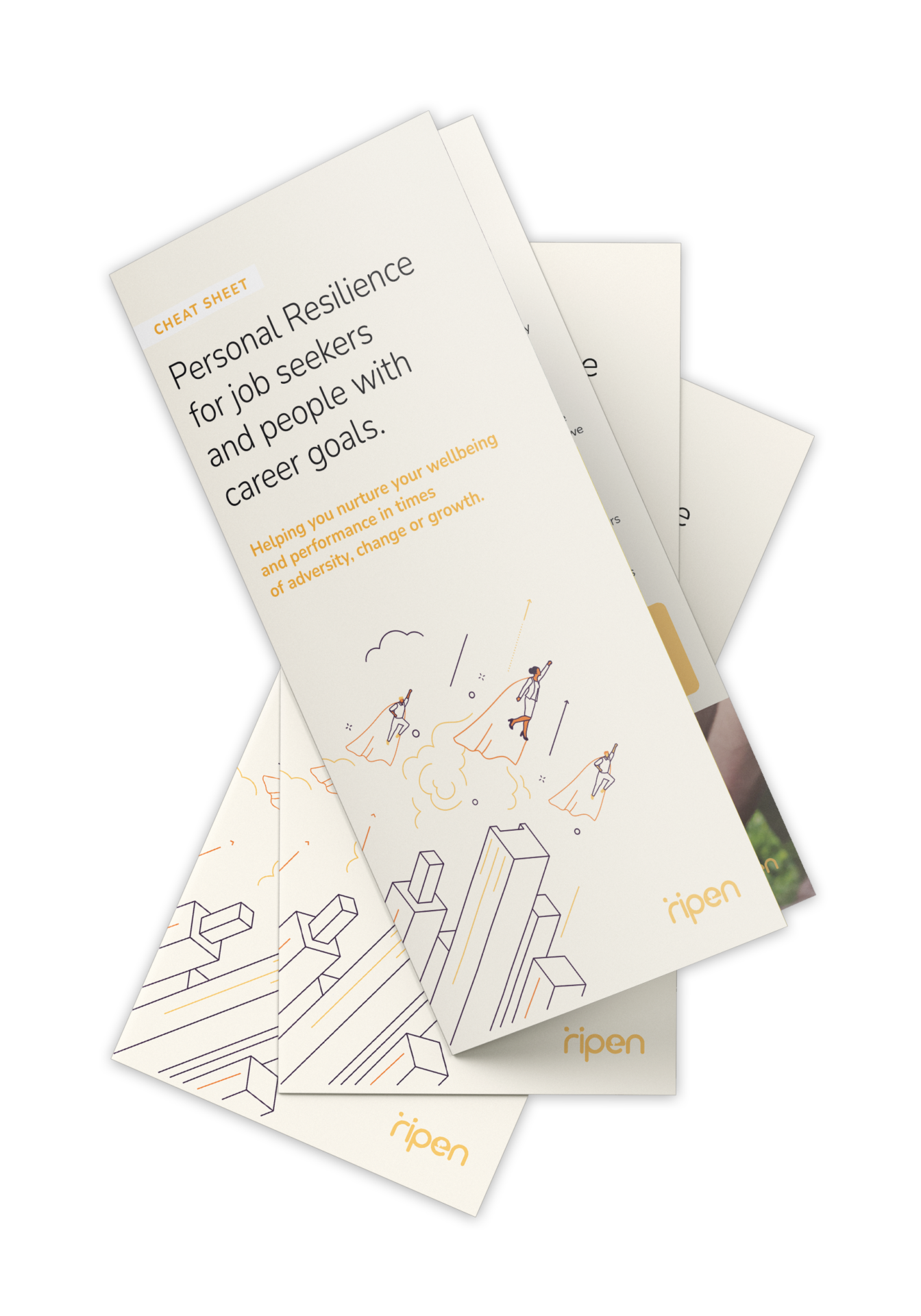Everybody is unique and the threats faced will be specific to their own journey. But given our work around the globe we’ve identified 4 consistent threats to Personal Resilience that we keep hearing, and we’ve come to refer to them as the ABCDs.
A – Ambiguity…
The word ambiguity means something that can be understood in more than one way. None of us had previously lived through a Pandemic like Covid-19, so we had no prior knowledge how to cope. The human brain tries to resolve uncertainty and this kind of massive AMBIGUITY with routine. We learned to hunker down to avoid a virus, and emotionally hunker down to cope with STRESS. Benjamin Franklin once said that only two things in life are unavoidable: Death and Taxes. If he was writing today it would be different. He would have said: Death, Taxes and Stress! The greatest threat to our Personal Resilience is persistent stress and fear caused by unrelenting ambiguity. Given the world isn’t getting any less ambiguous any time soon, the antidote to ambiguity is taking time to consciously monitor the situations we are facing, and our reactions to them. And learning some healthy coping strategies.
B – Burnout…
We’ve seen people from 25+ countries consistently report having to-do lists as long as their arms. And many people think that Resilience is about enduring more and more stress. We’ve all seen and heard people talk about how busy and stressed they are as some kind of badge of honour for how important or Resilient they must be. But the opposite is true. Resilience is as much about how you recharge as how much you can endure. Resilient people know that they are no use to anybody if they reach burnout, and they’ve learned optimal self-care habits for managing their energy and wellbeing, for giving stress the boot and minimising their risk of fatigue and burnout.
C – Consumption…
Consumption refers to the threat of binging on too much of anything as a coping strategy. Consumption is not just about food, in fact many people have reported their increased stress has caused them to eat less, not more. Consumption of negative news is one of the biggest threats we face in today’s world, and will continue to face with the volume of media channels and click bait fighting for our attention! Eyes on adverts is revenue for media companies, and because of the way human beings are wired headlines like “Hoppy the bunny rabbit saves child” doesn’t get as many clicks as “Hoppy the bunny rabbit gets Covid and kills child”. This is because of a phenomenom known as loss aversion, which has proven that human beings are typically more concerned with and motivated to avoid loss or what they stand to lose, than what they stand to gain.
It’s been estimated that we now spend an average of 12+ hours per day on digital media, and there’s actually a term that was coined a few years ago regarding the consumption of negative news — “Doomscrolling”, which is the tendency to continue scrolling negative news even though that news is saddening, disheartening or depressing. We need to keep up with what’s happening, but not get sucked in. The best way to do this is to set a strict time limit and intent for our newsreading or scrolling through media channels, then stop when it’s reached!
D – Devices…
You could argue that the common thread between these ABCs, Ambiguity, Burnout and Consumption is the 4th most common threat we are hearing about across the world — Devices. I’m talking about smartphones, smart watches and any other device that has the word smart in it, which is really the tech companies way of cheekily saying ‘smarter than its users’. I’m joking of course, that’s not what tech companies meant by the name, but smarter than us these devices definitely are.
They are of course brilliant, they have made our lives easier and communication more convenient. We carry them around wherever we go, let them sit with us and our families at the dinner table, cuddle up next to them in bed at night, and even invite them to listen in on our daily habits and conversations. The problem is, we think we are in control of our devices, but the truth is they are mostly in control of us. The apps and notification settings inbuilt into them use the same dopamine reward mechanisms as Casino slot machines! We are quite literally gambling our time away with the frivolous notifications that come through, which gets us to take some kind of action we weren’t otherwise thinking about and steals our attention and energy away from more meaningful and important pursuits we were doing.
The developers and manufacturers need us to use them, need us to rely on them to work and live, otherwise we might stop using their app that generates them advertising revenue, or worse still we might realise we can actually live without these smart device at all and not pay thousands of dollars in hardware each year. I recently considered getting rid of my smartphone altogether, and going back to one of those analogue phones with giant buttons and no apps. But by taking proactive steps to control the apps and notification settings, I’ve been able to get the best from this incredible technology, without gambling my time.
So that’s the ABCDs of threats faced right now… Ambiguity, Burnout, Consumption and Devices and what to do about each. But everyone is facing unique daily challenges. Resilience training equips individuals and teams with the skills and tools to face life’s inevitable setbacks and hardships, for keeping people and teams high performing during times of adversity, change and growth.

